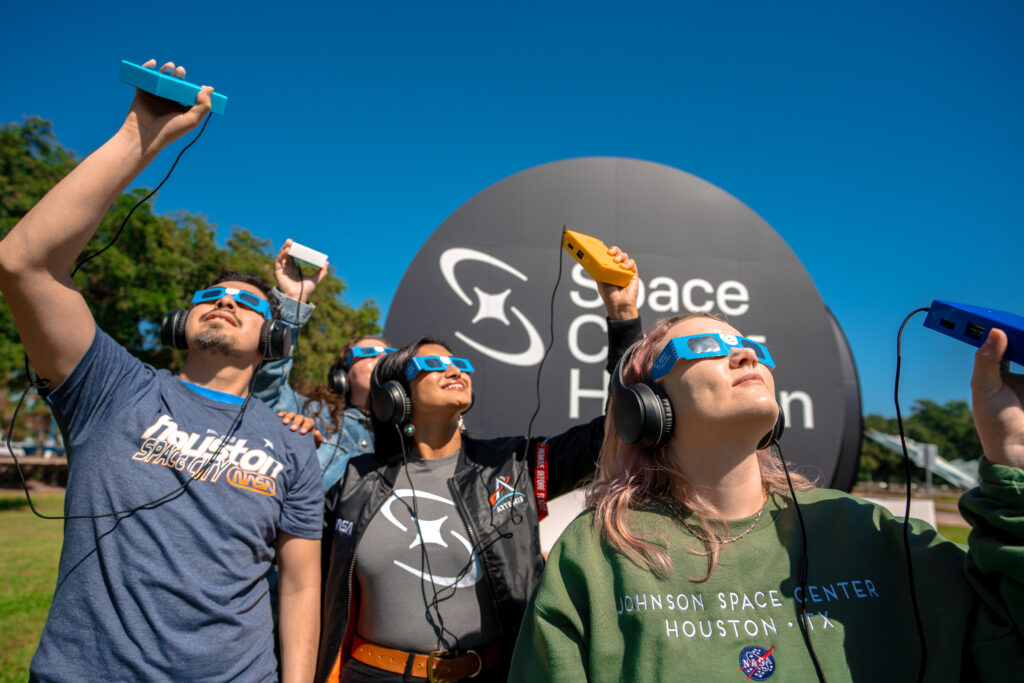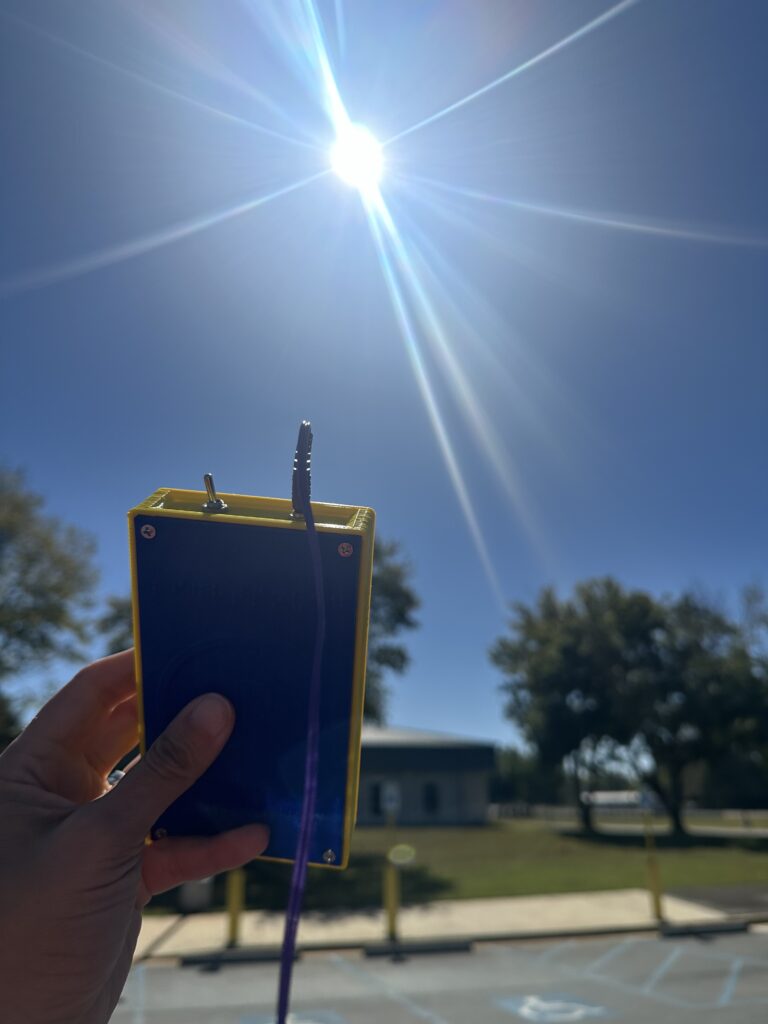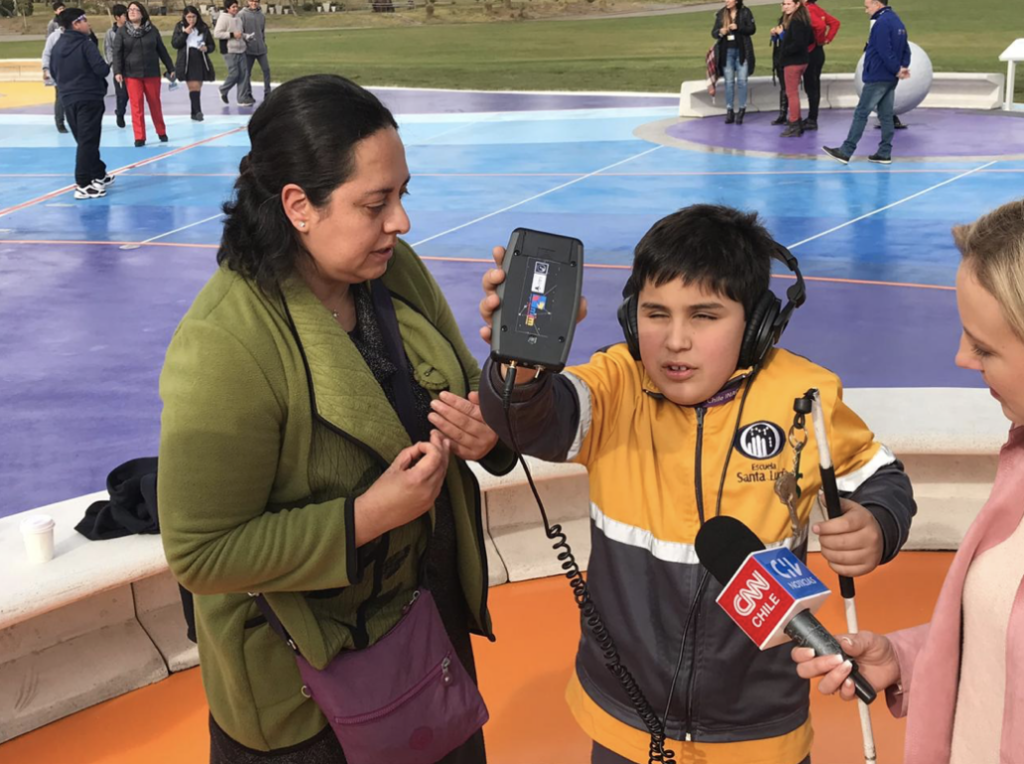
Anita O’Brien has always been an observer. It’s just how she’s wired. “I’ve always been very interested in how humans work,” she says. “How do we interact with each other and with our environment? How are we interconnected, what systems are we part of, and how can we do good?”
It’s no wonder that when looking at career pathways, she gravitated toward therapeutic recreation, earning a master of arts degree from the University of Georgia. “I was captivated by it,” she says. “I immersed myself in understanding how we can use the power of recreation to foster health and wellness, especially in community-based spaces. Once there, I found a need for great change in our systems of access.”
O’Brien, a certified therapeutic recreation specialist, founded Rochester Accessible Adventures in 2015 where she is the executive director. The not-for-profit organization is dedicated to partnering with the community to ensure access to inclusive recreation and sports for people with disabilities and their families. Rather than becoming solely a program provider, the organization applies an understanding of the systems of access. It thrives on partnerships with businesses and municipalities where it can mentor and empower them to operate with truly accessible and inclusive best practices whenever their doors are open.
She understands that change isn’t always easy. “I want to find that place where things are a little challenging and find the solution. It’s quite the quest to spend time at this place of challenge, but it’s exciting,” she says. “Helping people to not come to a roadblock and halt but to say, ‘yeah, that’s there, so let’s get around it, let’s get through it.’ If we are solution-oriented, change can happen.”
So, when Debra Ross began to put together the 2024 Total Solar Eclipse Rochester Task Force in 2017, O’Brien’s mind started on its normal trajectory. “When I see things like that, my brain immediately thinks, are they including people with disabilities? What do I want to do about it?” she says. “I started seeing Deb’s momentum growing and reached out to her to find out what was going on, with an eye towards people with disabilities. She immediately got back to me and was already aware of what I was doing. The offer was, ‘how can I help?’”
Rochesterians will experience three minutes and thirty-eight seconds of complete totality on April 8, 2024, beginning at 3:20 pm. Recognizing the opportunity this event could bring to our region—for both the science of the event and the social experience of the eclipse, Ross, Eclipse Partnership coordinator Dan Schneiderman, and the Rochester Museum & Science Center have formed an impressive team of community stakeholders—organizations that want to be a part of this event that will likely draw between 375,000 and 500,000 visitors to the area.
O’Brien signed on as a stakeholder and started to push in the accessibility around existing plans. “When the stakeholders were talking transportation, my questions were about accessible transportation options and how will those be impacted by the influx of visitors and trying to navigate on April 8,” she says.

With a mind toward sharing these kinds of strategies with the community, she soon began heading up the Accessibility Committee, a subgroup of the larger stakeholder group. Together, this group is identifying areas of need such as ensuring information is going out in multiple languages and that intentional outreach is aimed toward people who might not usually receive information about a scientific event. Their goal is to put accessible event planning into everybody’s mind to ensure no one is excluded from experiencing what, for many, will be an eclipse of a lifetime. Since the accessibility committee has been meeting, resources have been created and are being shared, and the committee has become a contact for questions.
Tracy Crosby joined the accessibility committee on behalf of the Arc of Monroe. The Arc has been supporting people with intellectual and developmental disabilities in the Rochester area since 1956, and today the nonprofit is focused on building a culture and community of access. “We’re shifting the perspective of the community at large through collaboration and partnership,” she says. The Arc has purchased eclipse glasses for all 1,500 people it supports as well as for its 800 employees and has put policies in place on the day of the eclipse to keep everyone safe.
As executive director of the Arc Foundation of Monroe, Crosby says she’s thankful for being part of a community that gives so much. “That translates into greater opportunities for inclusion for the people we support,” she says. “And to us, that’s success.”
Sarah Murphy Abbamonte says she sits on the accessibility committee because she identifies as a person with a disability and that she’s had to learn to advocate for herself, having to raise her hand to ask for what she needs. She is the project manager for WXXI’s Move to Include, a national initiative in partnership with the Golisano Foundation that uses the power of public media to promote inclusion.
“My goal locally is to lift up voices to make sure they are heard and make sure those stories are being shared,” she says. “I’d like the members of our community who don’t have an experience of disability to start to understand what this is about and bring an inclusive lens to everything we’re doing, including the eclipse. We need to meet people where they are and not tell them where to be.”

Cara Rager, manager of educational training and family engagement at WXXI, oversees early education support through the Ready To Learn Initiative. She says if we want everyone in the Rochester community to be able to participate in watching the 2024 eclipse, we have to think outside the box.
“We don’t know everyone’s story, so when we work on projects like this, it’s vital for us think about how to empower a grandparent, neighbor, or a rec center staff member. Life is really hard, and families have a lot more to worry about than the eclipse on that day. Our hope is that by pulling together turnkey and simple-to-use materials, we can allow families to be able to take the break and enjoy.”
Rager says WXXI Education is curating a series of PBS KIDS resources and hands-on activities to give those with young children options for how to engage. They even have developed “solar eclipse event in a box” that they’re going to distribute to individuals and organizations, encouraging small parties to engage kids in small groups. “Having familiar PBS KIDS packaged material ready is really important. We hope these resources spark learning,” she says.
“There are fantastic, and often low-budget, technology resources to enhance the eclipse experience for more people,” says O’Brien.” When she began talking with Schneiderman about disability access for the eclipse, he was already on it. “He was already in that head space with the technological piece,” she says. “By the time I got to him, it was rapid fire, combining the curated list of creative ways for people to experience the eclipse with strategies to get the information out to as many people as possible.”
Several area event planners will be incorporating LightSound boxes, which provide an audible experience of the light-to-darkness-to-light transition, as well as eclipse viewing tents, which utilize viewing film in the top of tents, eliminating the need to wear the viewing glasses. Many will provide tactile models of the sun-moon-earth, pinhole viewers, audio descriptions, sensory-friendly areas, American Sign Language interpreters, service dog relief areas, and additional accessible porta-johns and accessible parking spaces to welcome guests to their events.
O’Brien says she’d love for the hundreds of events being planned in the Rochester region for the April 8 total solar eclipse to have multiple layers of access. The invitation is for organizers to be asking “What are we doing to make our event more inclusive?” rather than wait until the last minute or not at all. “From your website promotion to your parking lot to your event itself—there are very simple things that can be incorporated now so that the events are meaningful, welcoming, and successful for all guests.”
“Six-hundred people on the Rochester Eclipse Task Force stakeholder committee may be thinking right now about having accessibility baked into their eclipse celebration, and they may take that to their next event and the ones after that,” says O’Brien. “That’s the key piece that I love—the ripple effect of inclusion.”
For more information about the 2024 Total Solar Eclipse and Task Force, visit RochesterEclipse2024.org. To find resources about accessible eclipse planning, visit RochesterAccessibleAdventures.org/how-we-help/ eclipse-planners.
Views: 6




